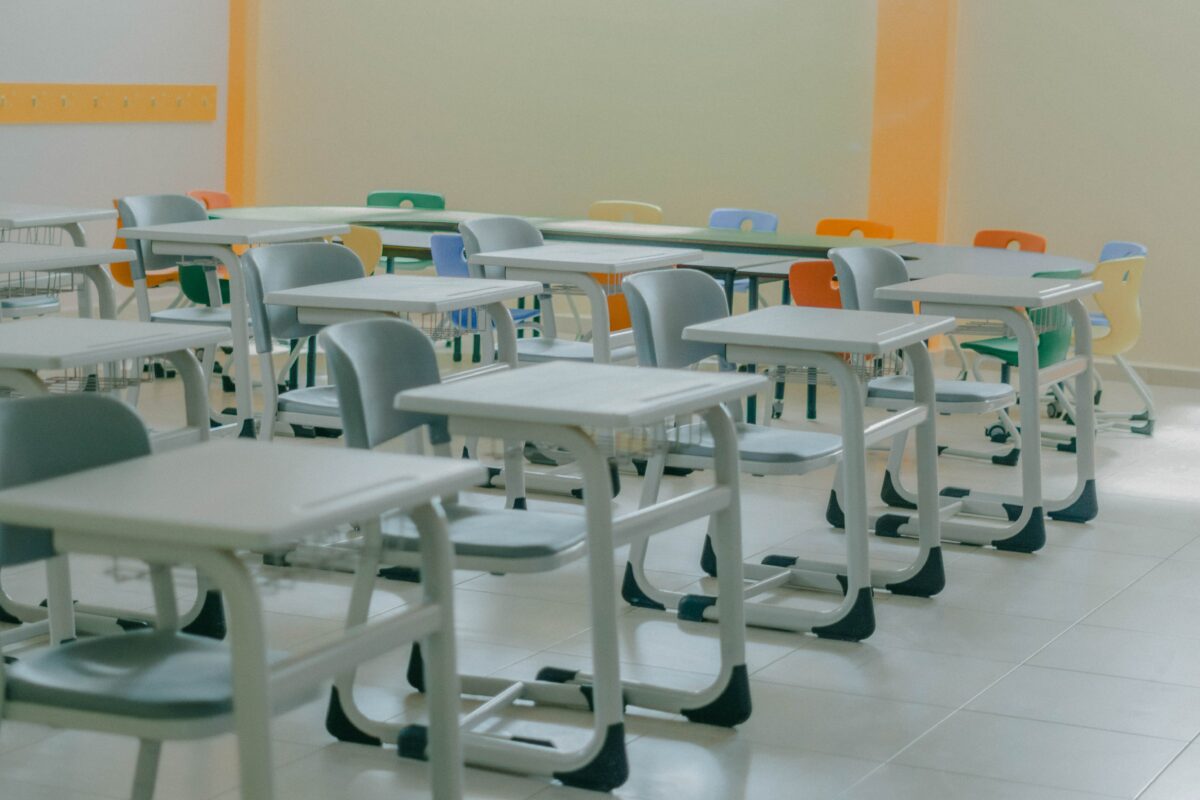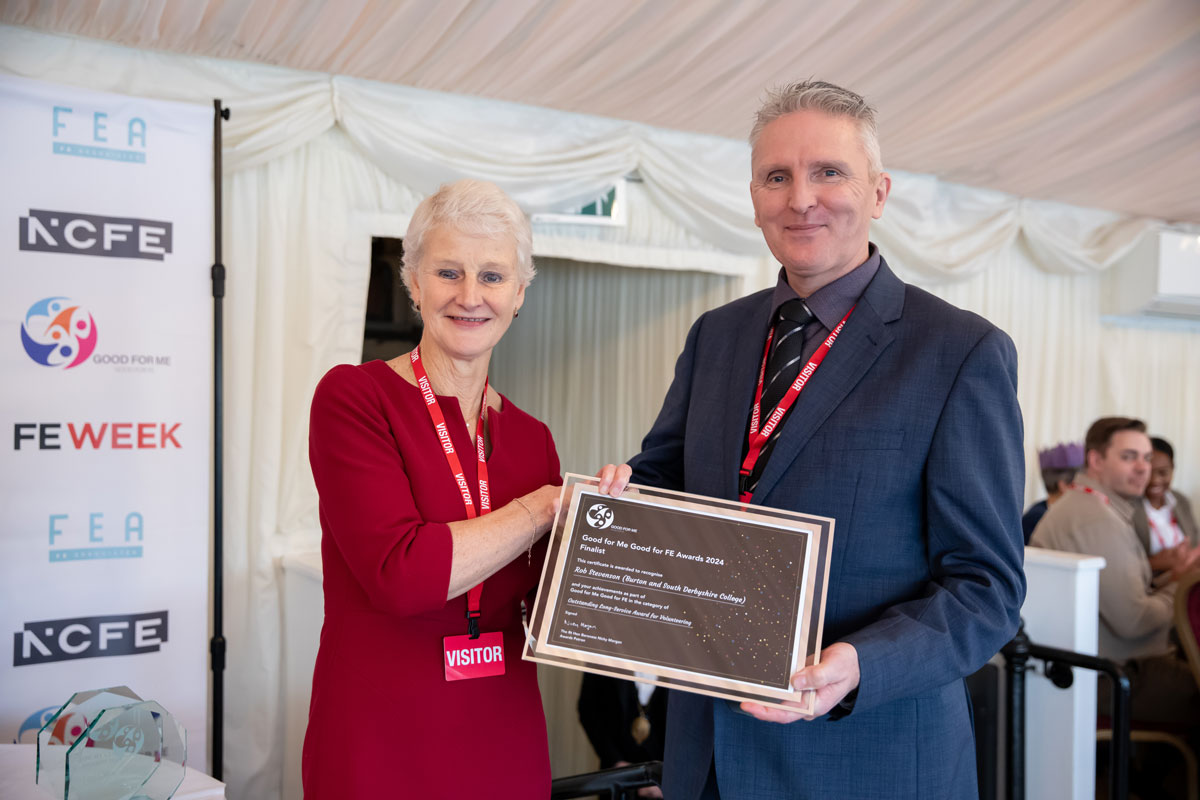Lemann Foundation calls for more global data on Covid learning gaps as research reveals pandemic’s impact on Brazilian education

The Lemann Foundation also highlighted the importance of internet access in schools to help students catch up, with nine out of 10 Brazilian teachers calling school connectivity a priority.
The Lemann Foundation has called for more global data on post-Covid learning gaps, and highlighted the importance of connectivity to overcome learning loss. This comes after a majority of Brazilian parents and guardians urged schools to offer students more support to mitigate learning loss. Globally, a joint survey of more than 100 countries by UNICEF, UNESCO, the World Bank, and the OECD revealed that less than half of low- and middle-income countries plan to measure Covid learning loss.
The Lemann Foundation issued its call to action following the results of a survey of 1,306 parents and guardians and 1,850 students across Brazil, carried out in December 2021 by Datafolha on behalf of the Lemann Foundation, Itaú Social, and the Inter-American Development Bank.
In this study, 71% of parents and guardians said their children required more support from schools in maths, and 70% said this was also the case for Portuguese. At the same time, 62% of parents and guardians said their children would need help catching up in science, and 60% said their children needed additional support in history. Among parents of children learning to read, 76% said students need more attention from schools as they return to the classroom.
Earlier this year, a survey by the Brazilian education non-profit Todos pela Educação found that 40% of children aged between six and seven were illiterate. A previous study by the Lemann Foundation found that Covid could set Brazilian education back by as much as four years.
Denis Mizne, CEO of the Lemann Foundation, said:
“A return to classrooms alone is not enough to make up for the severe impact that Covid has had on children’s learning. Countries need robust data to pinpoint exactly where the learning gaps are, and identify the best way to help students catch up. By sharing information and best practice, countries can learn from each other to prevent irreparable damage to global education.
“To successfully rebuild education, it is imperative that we listen to teachers and give them the tools they need to help their students catch up. Technology and connectivity in the classroom hold a lot of promise, but we must ensure that they are accessible and reliable. Otherwise, we risk leaving a whole generation of students behind.”
According to a Lemann Foundation survey of public school teachers throughout Brazil carried out in December, 77% believe connectivity makes school more engaging for students, and 9 out of 10 said getting schools online should be a priority. Currently, 15% do not have internet access at their school. Of the teachers whose schools do have internet access, just 22% believe the network speed is suitable for teaching. Overall, less than half (47%) of Brazilian teachers surveyed feel prepared to use technology in the classroom.
The Global Education Evidence Panel, steered by the UK Foreign Commonwealth, and Development Office, UNICEF, and the World Bank, has warned that without urgent action, one year of lost schooling during the pandemic could ultimately result in three years of lost learning for children around the world. It estimates that unless learning loss is addressed immediately, today’s schoolchildren would lose $17 trillion in lifetime earnings.











Responses